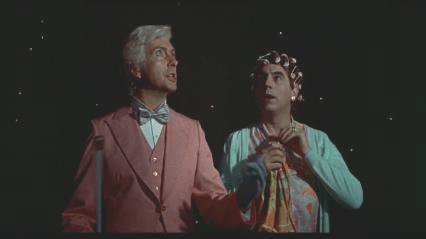
The field is smaller than a grain of sand held at arm’s length. Yet it contains some 5,000+ galaxies. Galaxies typically contain 50-200 billion stars (each). The furthest objects in the field (galaxies and/or proto-galaxies) are reported to be some 13.2 billion light years away, ONE light year, the distance light travels in a year at its basically constant speed of 186,000 miles per second, works out to be about 6 TRILLION miles. So these objects, now redshifted into much longer wavelengths by virtue of universal expansion, are in the neighborhood of 13.2 billion times 6 trillion miles away from us. And they’re 13.2 billion years older by now. Did I screw up on any of this?

I'm not going to double check your work, but it's amazing that we were all touching at one time.
The human mind simply doesn't the capacity to fully imagine the total scope of what we behold in the night sky.
I mean, just try picturing your entire field of vision in a spherical, 360 degree aspect, divided into segments as small as a grain of sand held at arm's length. Then, imagine that there are at least 5,000 galaxies in every one of those segments - each containing 50 to 200 BILLION stars.
I don't think I can do it. In fact, I know that I can't.
I'm telling you, people who think the only life in the cosmos is on this planet, just aren't thinking with the staggering numbers involved with the question.
Six trillion miles *shakes head* it is hard to get your head around that distance..!
We are now pretty sure that the Universe has been expanding since the big bang, not only expanding but the expansion has been accelerating. If so then a couple of things must be true. 1) The Universe was smaller yesterday than it is today 2) The average distance between galaxies was smaller yesterday then it is today. Go back 13 billion years and the distance between galaxies must have been much smaller than today, since the universe was much smaller than it is today. Given all that it is not surprising that one finds a universe densely populated with galaxies a few hundred million years after the big bang. What is surprising is that Hubble is capable of looking at almost first light. That is truly amazing. And to think we almost did not do the last Hubble repairs mission! Thank goodness we did repair Hubble a national treasure of the first order. Will Web be as good as Hubble? Hmmmm.